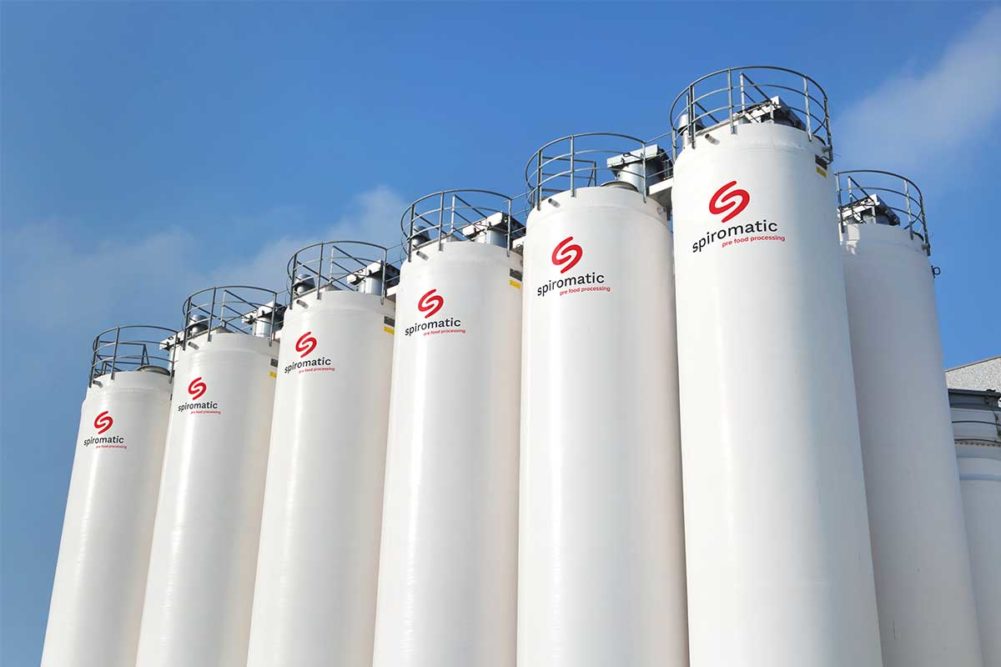Accountability is everything when it comes to traceability. It means using computer controls to track every ingredient that goes into a batch, no matter how small, just in case the unexpected happens.
“It will allow you to trace it back to what doses or what batches of dough have been impacted by that specific ingredient, which can then help you to organize your own recall if you need to,” said Pieter Van Hoecke, business development manager, North America, Spiromatic. “That’s why traceability is so important.”
Some of the new software also offers financial implications. Gemini Bakery Equipment/KB Systems upgraded its silo weighing module so the purchasing department can remotely view the inventory and create a typical reorder level, noted James Toole, ingredient handling manager.
Moreover, Gemini/KB Systems added various components and sensors to accurately monitor the system and focus on the actual issues to resolve.
“An example would be our zero-speed switch on our centrifugal sifter, which will alarm when a belt has been damaged or broken and will prevent the rupturing of the sifter screens due to buildup of flour,” he said. “We have incorporated a series of pressure transmitters on the conveying blower and truck fill lines. The transmitters will supply real time data of the truck unloading and conveying pressures with the ability to shut the system down if needed to prevent further damage. This is critical when trying to prevent any breach of our bins or conveying line, and ultimately preventing the contamination of the bulk ingredient.”
PLC and software controls ensure quality assurance and prevent human error to a degree.
“Most customers’ management teams will have the control system configured so that operators can make an adjustment within a couple of a percent but not make wholesale changes to recipe formulations,” said Ken Girts, director of sales and marketing, Fred D. Pfening Co.
“In many cases, operations are tracked, providing a record of any changes that were made If production is going very well for a period of time, historical operation data can be reviewed and repeated. Reporting becomes a way to help ensure consistency from batch to batch,” he added.
Zeppelin Systems USA upgraded its batch management system called Prisma 2020. David Rodrigues, applications engineering manager, said it manages and registers the batch information and the dosing accuracy of the ingredients.
Additionally, the company’s ReciPure System automatically collects all the required ingredients and transports them to the mixers and kneaders, said Blaine Johnston, process design manager, Zeppelin Systems USA.
“It’s a system that brings all ingredients together and doses them individually in a bucket for small amounts or a tote for larger amounts,” he explained. “Each batch has its own hopper. Those buckets or totes can be individual batches for the mixer. You’re not risking cross contamination with permanent scale hoppers above the mixers. That’s one of the ways we’re handling allergens, which is probably the biggest food safety issue that’s most prominent now.”
This article is an excerpt from the March 2024 issue of Baking & Snack. To read the entire feature on Ingredient Handling, click here.





